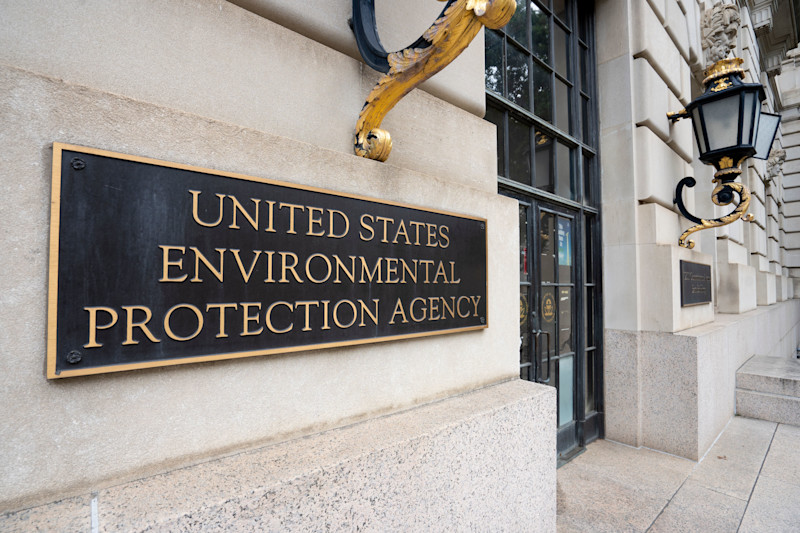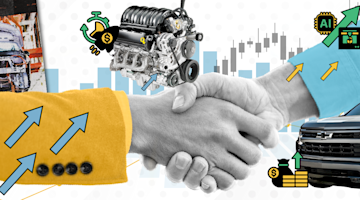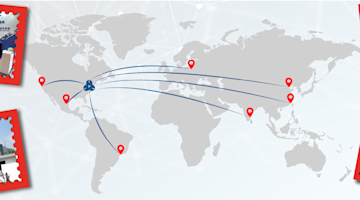TECHNOLOGY
Manufacturing Is Driving Emerging Markets
Do you like the idea of nozzles in jet engines that save you 20% fuel? How about heat exchangers that save 22% weight in Formula One applications? Want to order in lot sizes of one for mass customization? Advanced manufacturing technologies and processes largely drive these advancements in emerging markets. While this is not a new concept, how manufacturers operate in these markets is evolving. These markets require fast iterations, knowledge of limitations, experience pushing past boundaries, and application lessons learned – and iterating from that knowledge. To continue seeing innovative products, manufacturing and quality must increasingly connect with design to continue seeing innovative products. INTELLIGENCE
Small Chips Make a Big Splash in Manufacturing
Semiconductor manufacturing is undergoing a transformation that is significantly influencing manufacturing technology. While traditional machine tools are not directly involved in fabricating semiconductor wafers, they play a crucial role in the production, assembly, and maintenance of the specialized equipment that enables chipmaking.
High-growth sectors such as electric vehicles (EVs), AI/data centers, and defense are driving the surge in semiconductor demand. EV platforms now require two to three times more chips than internal combustion vehicles, with semiconductor content per EV ranging from $1,500 to $3,000, compared to $400-$600 for traditional vehicles. AI accelerators for data infrastructure demand new architectures and high-yield wafer processes, creating a ripple effect for machinery makers, prompting greater need for ultra-fine machining, cleanroom-compatible workholding systems, and automated metrology solutions that ensure tight tolerances and zero-defect output.
SMARTFORCE
Emerging Markets? How About Emerging Talent?
Don’t wait for the Smartforce Student Summit at IMTS 2026 – stay engaged with workforce trends year-round! Keep pace with innovation through the Smartforce Newsletter and Smartforce Blog and connect in person at the Bright Minds Student Summits during SME’s MT Series shows. Follow these platforms for timely insights, resources, and opportunities to prepare for the future of our workforce. Learn more at .
ADVOCACY
EPA Announces Regulation Rollback
President Donald Trump’s Day One executive order to roll back most Biden-era regulations took a significant step forward with an announcement from U.S. Environmental Protection Agency (EPA) Administrator Lee Zeldin. On March 12, Zeldin launched a major deregulation initiative, hailed by the Trump administration as the “biggest deregulation action in U.S. history” – a comprehensive package of 31 measures aimed at unleashing American energy, lowering living costs, revitalizing the auto industry, and restoring power to the states. The deregulatory actions will address a range of regulations impacting water, air, and climate rules for power plants, oil and gas companies, vehicle emissions, and manufacturing and industrial facilities. This move represents the latest push in the Trump administration’s ongoing effort to reduce the federal government’s influence over energy and environmental policy, underscoring its commitment to reshaping the regulatory landscape with an emphasis on less government intervention.
INTERNATIONAL
Southeast Asia Emerges
In manufacturing, “emerging” can mean a new technology, an evolving industry sector, or a rising geographic region. Combine all three, and you get one word: opportunity. Nowhere is this more evident than in Southeast Asia (SEA), which is rapidly developing its manufacturing capabilities to meet increasing demand as global supply chains shift. To illustrate this, the region’s metal cutting industry, which is grappling with a shortage of skilled labor, is turning to automation, advanced machinery, precision tooling, and high-performance accessories to produce more complex, higher-value components.
Among the countries presenting strong potential in SEA, Vietnam has the fastest-growing economy, with GDP growth forecasted at 7%-8% in 2025. Last year alone, Vietnam saw over $25 billion in foreign direct investment, with major commitments in aerospace, automotive, electronics, and semiconductors. American companies like Apple, Boeing, Ford, GE, Intel, and Nike have already established a presence. To support U.S. manufacturers and ��ɫ��Ƶ members in tapping into this vibrant market and its opportunities, ��ɫ��Ƶ has opened a new office in Thailand. Learn more at .
To read the rest of the Emerging Markets Issue of MT Magazine, click .






